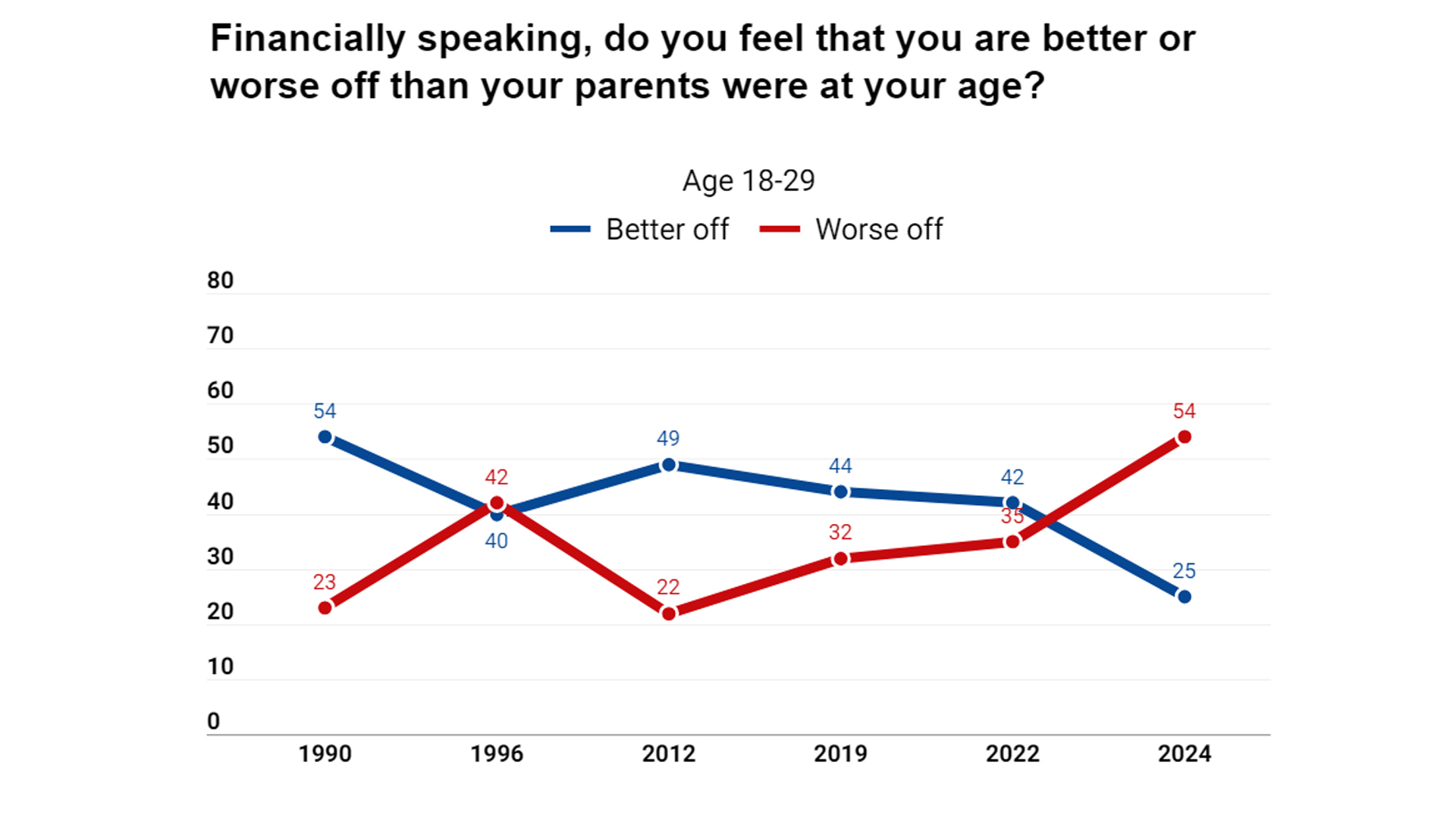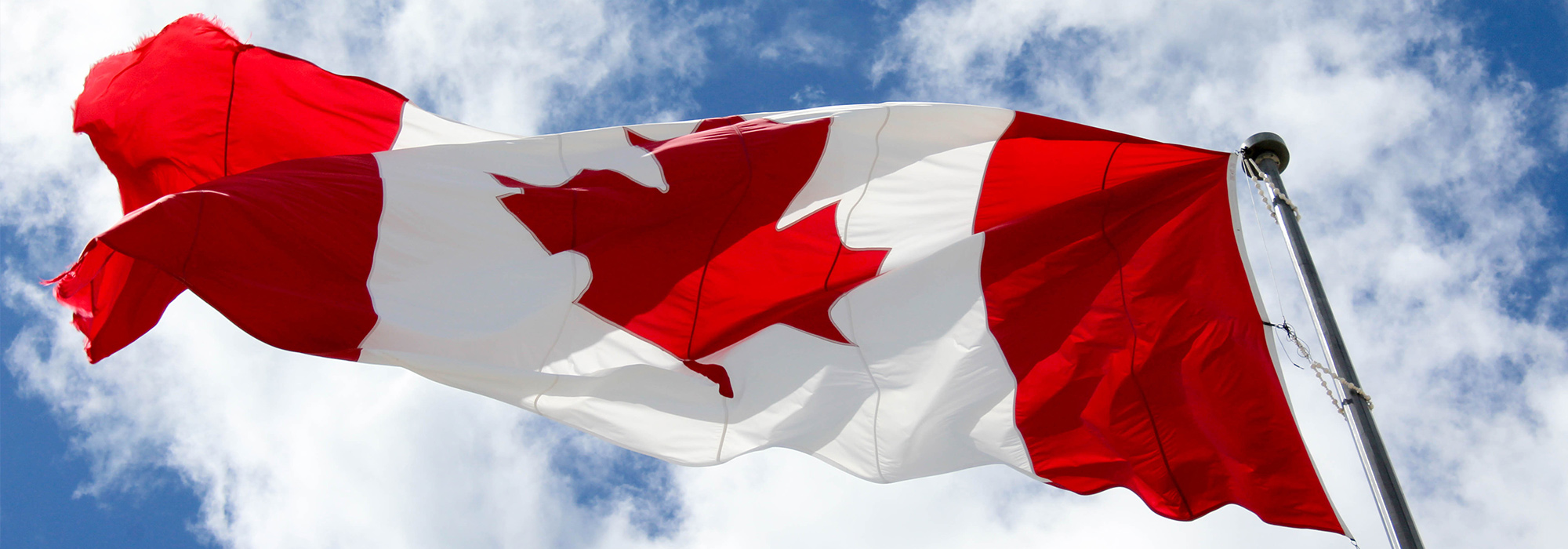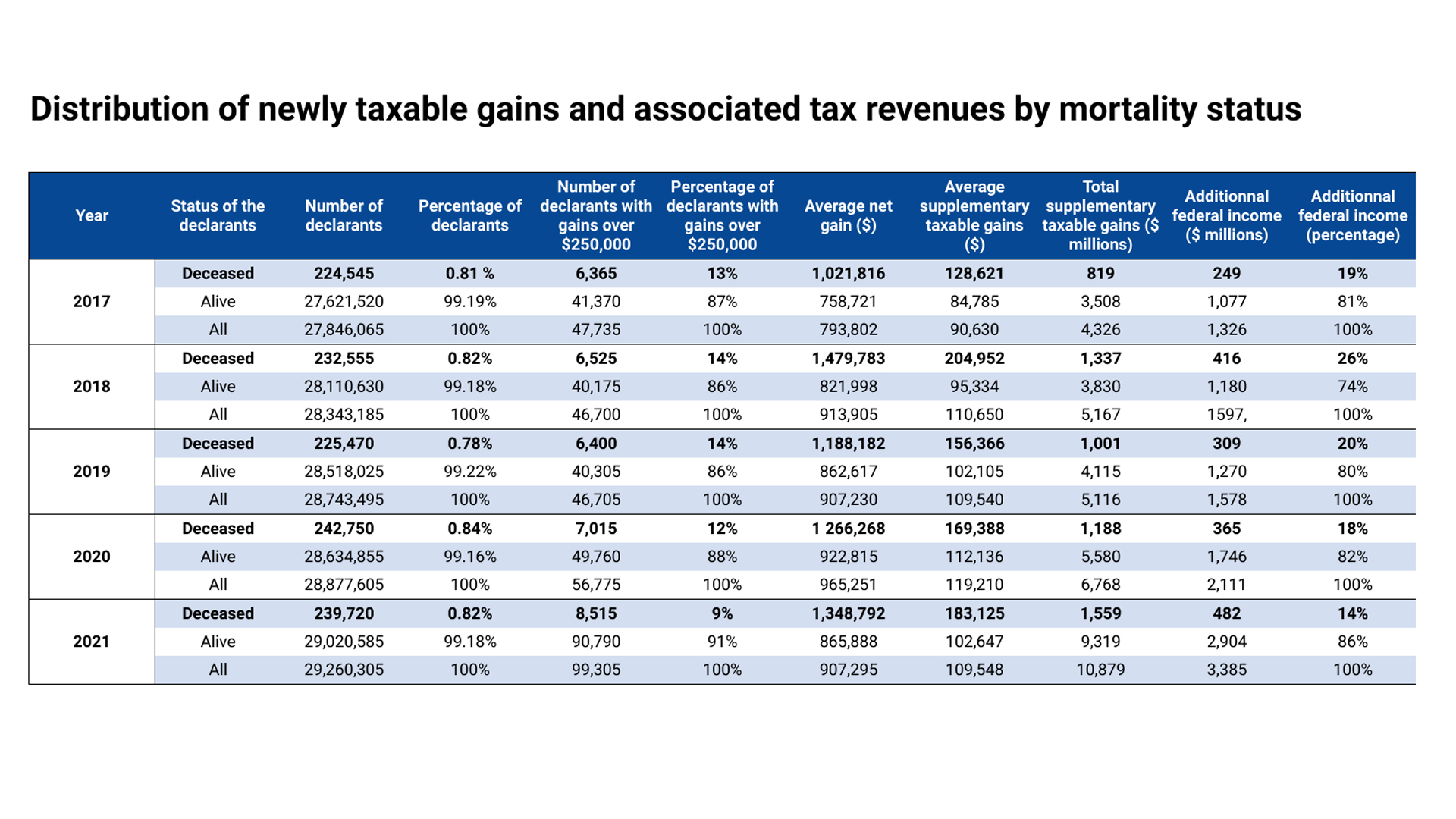
The main purpose of Michael Ignatieff’s new book, True Patriot Love: Four Generations in Search of Canada, is to show that he has roots in this country. After having explored his paternal side’s Russian ancestry in The Russian Album (which received the 1987 Governor General’s Award for nonfiction), he now examines his mother’s side: the Grants.
The Grant family has been in Canada for four generations, and Ignatieff attempts to portray this side of his family as being a grand lineage of great patriotic Canadians. Ignatieff’s Canadian heritage is of utmost importance to him since he has lived most of his adult life outside Canada, studying and working as a writer and scholar. Many pundits have argued that his long absence from the mother country may have cost him the Liberal leadership in 2006. This book reads like an electoral pamphlet. It is thin for a hardcover book, and it is obvious that his main goal here is to assuage lingering concerns about his long absence from Canada, but it also marks a turning or end point in Ignatieff’s intellectual development.
In True Patriot Love we are far from the cosmopolitan Ignatieff seen in Blood and Belonging: Journeys into the New Nationalism (1993), where nationalism is depicted in a dark light, as being based on ethnic origins. In The Rights Revolution (2000) Ignatieff tried to reconcile his cosmopolitan leanings with his Canadian nationalism by advocating that Canadian identity be based on Canadians’ pride in the individual and collective rights guaranteed by the Charter of Rights. By exploring the life and writings of his ancestors, he is discovering a new Canadian patriotism to which he wants to adhere and contribute. This patriotism is based on the idea that the Canadian experience is worth living for its own sake and for what it can become. This vague concept of patriotism is a way for Ignatieff to make his vision of Canada as inclusive and thus as electorally advantageous as possible.
The journey starts with George Monro Grant, who was Ignatieff’s greatgrandfather. In 1872, he was one of the first Canadians to travel across Canada, along with Sir Sandford Fleming, to survey the line for the transcontinental railway. The construction of this railway system would be the condition for the existence of a nation from ocean to ocean north of the 49th parallel. Later, as principal of Queen’s University, Grant, a staunch promoter of the Anglo-Saxon ideals of progress, Christianity and political liberty, was a spokesman for Canadian imperialism, promoting Canada’s British connection and vociferously opposing annexation to the United States.
William Lawson Grant, Ignatieff’s grandfather, is probably the least interesting member of his family tree. However, Ignatieff was able to weave together a narrative that leads us to believe he lived an important life and one of sacrifice for Canada. He taught British history at Oxford, fought for the Empire at the battle of the Somme during the First World War and championed the idea of the League of Nations. Ignatieff is also proud to point out the fact that his grandfather, who would later become principal of Upper Canada College in Toronto, wrote a high school textbook on Canadian history that was among the most widely used textbooks of the 1920s. However, what will interest the reader more is his experience in the trenches of the Great War and his love story with his wife, Maude.
By exploring the life and writings of his ancestors, he is discovering a new Canadian patriotism to which he wants to adhere and contribute. This patriotism is based on the idea that the Canadian experience is worth living for its own sake and for what it can become. This vague concept of patriotism is a way for Ignatieff to make his vision of Canada as inclusive and thus as electorally advantageous as possible.
George Parkin Grant, Ignatieff’s uncle, is the black sheep of the family and the last in the Grants’ official line. Unlike his predecessors, George Parkin Grant refused to support Britain’s wars and was more of a Tory than a Grit. He is famous for his book Lament for a Nation: The Defeat of Canadian Nationalism (1965), where he laments the fact that as soon as Canada had gained independence from Britain, it fell under the domination of the US. He did not see a bright future for his country and this saddened him very much because he valued Canadian traditions greatly. However, Ignatieff opposes his uncle’s pessimism about Canada. His uncle once asked whether or not Canada was possible, and Ignatieff’s answer is yes. He believes this is doable by “narrow[ing] the gap between the country we actually live in and the country we imagine.”
In the end, we are led to believe that the Grants were Canadian patriots who shaped Canada as we know it today and had faith in its destiny. They were all linked in a way to important figures of the Canadian elite and history like Sir John A. Macdonald, Sir Sandford Fleming, Sir Wilfrid Laurier, Vincent Massey, Lester B. Pearson, etc. They all lived and studied abroad but felt the need to come back to Canada because it was the place they called home, just like Ignatieff. Therefore, the reader gets the sense that Ignatieff was predestined to play an important role in Canadian public life, as if he were the messiah we have been longing for. The question is whether Ignatieff will follow in the footsteps of his ancestors by being a public intellectual who impacts the Canadian debate or whether he will shape it actively as its elected prime minister.
Those looking for Ignatieff’s policy platform in this book will be disappointed, since it is nowhere to be found. He only hints at a revival of Macdonald’s National Policy to strengthen the east-west linkages of Canadians. He deplores the fact that there are still major barriers to trade between the provinces and that no real pan-Canadian transportation system binds us together. He wants to break the north-south economic flow that keeps integrating Canada more and more into the US. Here, he is borrowing the more left-leaning ideas of a John Ralston Saul. He suggests we should go ahead with the construction of a high-speed train system to connect Canadians. This seems like an interesting nation-building project, but one is left wondering if such a bold initiative could possibly be financially viable.
At a time when the world is trying to secure access to energy, Ignatieff is also considering a new National Energy Program. He does not understand why Canada is becoming one of the world’s biggest oil producers but still has to import refined oil from other countries. He wishes that we could create a petroleum reserve to protect ourselves from the fluctuations of the market. Pierre Trudeau paid the political price for such a policy in the 1980s and alienation felt by western Canada due to that era is still being felt by the Liberals today. If Ignatieff wants to make inroads in the West, he will have to seriously rethink his NEP II project.
Still with regard to energy, Ignatieff wonders why Canada does not have a national energy grid system. He celebrates the fact that Canada, or more specifically Quebec, is the largest producer of hydroelectricity in the world. Yet he thinks it is a shame that Hydro-Québec exports most of its energy surplus to the south instead of supplying its neighbouring provinces. If this is the type of policy Ignatieff is going to champion, he will surely hit a wall in Quebec.
Control over energy resources falls under provincial jurisdiction and Hydro-Québec is a major symbol of Quebec’s Quiet Revolution and claim to modern nationhood. Quebecers are always on guard against federal interference in provincial jurisdiction, and this would be no exception. This is also true for natural resources and for education, which Ignatieff is making the centre of his vision, as seen at the Liberal convention in early May when he was confirmed as party leader. However, he needs Quebec’s support to win back a majority in the House of Commons. His idea to recognize Quebecers as a nation within Canada may have served him well so far, but his policies will have to be more in line with this idea if he wants to win over Quebecers’ hearts.
So if no real political platform can be found in Ignatieff’s new book, what’s in it? It is his love of country and his nationalistic vision of Canada. He is one of the main proponents of contemporary Canadian idealism. With the growing Americanization of Canadian culture and the continuous threat of Quebec’s sovereignist movement, Canadian idealism has tried to foster a national identity that celebrates diversity instead of trying to force conformity. Canadian idealists envision the country as having a humanistic destiny: that of being a model for the world on the issue of accommodation of diversity. Ignatieff clearly subscribes to this idea.
Just like his ancestors, Ignatieff tries to distinguish Canada from the US, the external threat to Canada, by emphasizing the fact that we chose to embrace diversity instead of opting for a melting-pot approach, and that we have more progressive policies with regard to health care and gun control. He tries to counter Quebec’s sovereignist movement, the internal threat to Canada, by accepting the fact that Quebecers’ first loyalty may lie in a different place than that of most other Canadians and that this does not prevent us from sharing a common project. This is all possible for Ignatieff with the promotion of a civic culture that recognizes not only individual but collective rights, in general and for national minorities.
Overall, Ignatieff’s book is well written and will please lovers of Canadiana. However, a bit more substantive content would have made it much more interesting.
A review of Michael Ignatieff. True Patriot Love: Four Generations in
Search of Canada. Toronto Viking Canada ,2009.
Photo: Shutterstock







